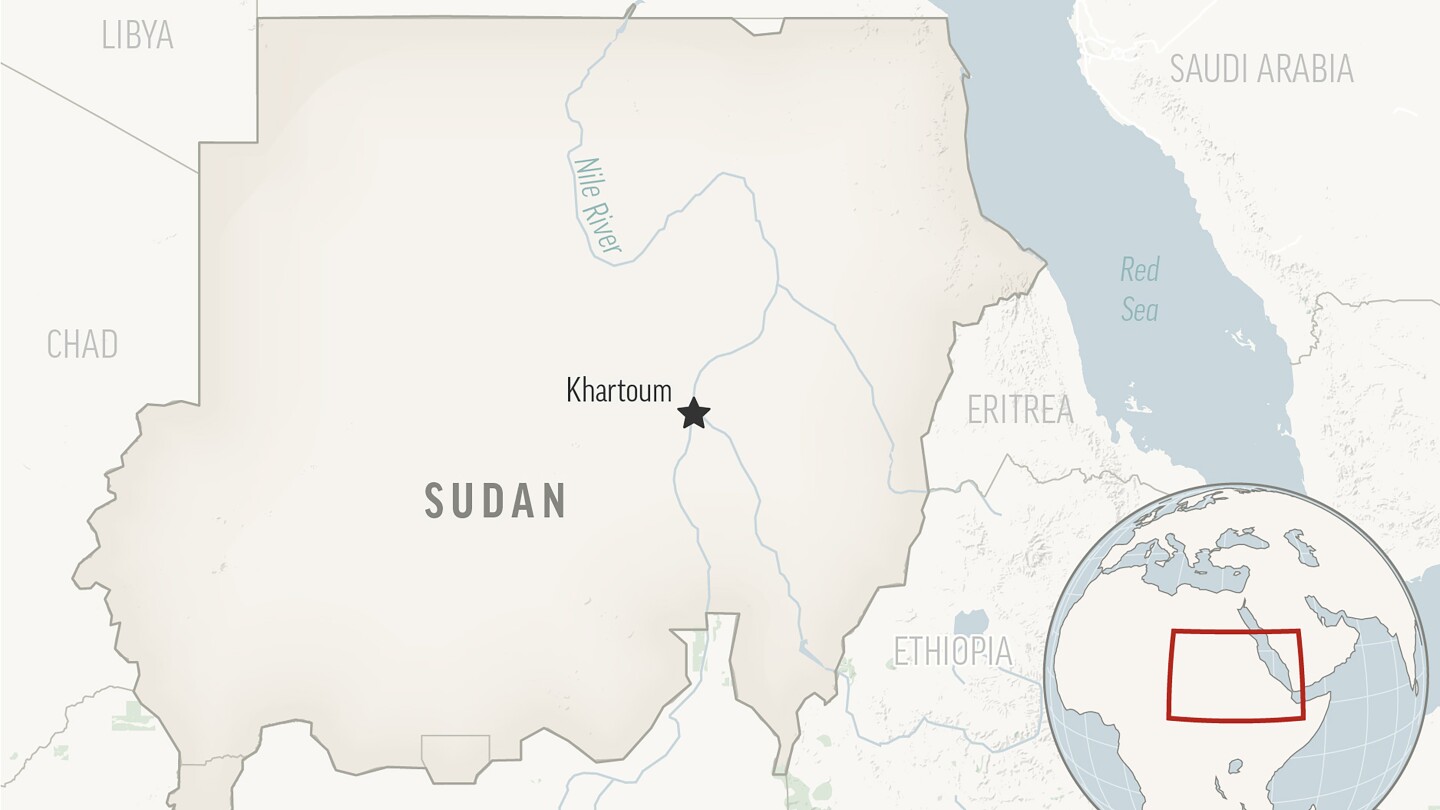WASHINGTON (AP) — The newly confirmed famine at one of the sprawling camps for war-displaced people in Sudan’s Darfur region is growing uncontrolled as the country’s combatants block aid, and it threatens to grow bigger and deadlier than the world’s last major famine 13 years ago, U.S. officials warned on Friday.
The U.S. Agency for International Development, the U.N. World Food Program and other independent and government humanitarian agencies were intensifying calls for a cease-fire and aid access across Sudan. That’s after international experts in the Famine Review Committee formally confirmed Thursday that the starvation in at least one of three giant makeshift camps, holding up to 600,000 people displaced by Sudan’s more than yearlong war, had grown into a full famine.
Two U.S. officials briefed reporters on their analysis of the crisis on Friday following the famine finding, which is only the third in the 20-year history of the Famine Review Committee. The U.S. officials spoke on the condition of anonymity as the ground rules for their general briefing.
The last major famine, in Somalia, was estimated to have killed a quarter of a million people in 2011, half of them children under 5 years old.



https://en.wikipedia.org/wiki/List_of_ongoing_armed_conflicts for those who are starting to lose track.
Just like the medieval days all thanks to demagogues and dictators
browses list
I’ve never even heard of this, but the French have absolutely got to be involved in this.
https://en.wikipedia.org/wiki/Anglophone_Crisis
“Anglophone problem”? Oh, this is definitely the French.
https://en.wikipedia.org/wiki/Anglophone_problem
Sure enough.